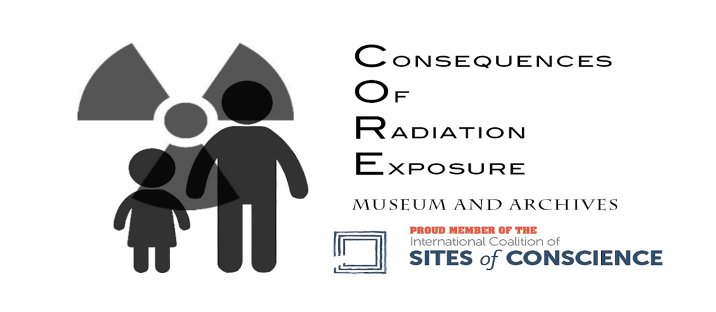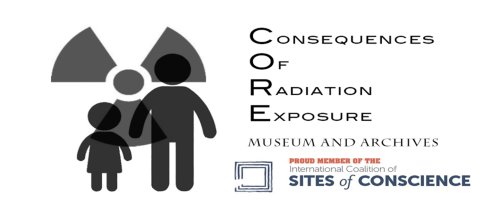
CORE Statement on the Risk to Nuclear Reactor Sites in Ukraine During Wartime
We are disturbed by reports of targeted Russian attacks on nuclear reactor sites within Ukraine, at Chernobyl and Zaporizhzhia.
Nuclear reactor sites house active as well as spent fuel and other radioactive waste onsite. Multiple, redundant backup systems work to keep these facilities running safely during standard operations. Yet these back-up systems have failed catastrophically in the past from combinations of design flaws, human error (Chernobyl), and natural disasters (Fukushima, a combination of all three). During wartime our capacity to ensure the safe functioning and maintenance of these systems is severely threatened. Both civilian and military sites of nuclear technology can be targeted by any faction of any military to harm the enemy or influence the course of the conflict, or inadvertently damaged or destroyed in the course of warfare.
Zaporizhzhia, the largest nuclear complex in Europe constructed under Soviet rule, was attacked by Russian troops on March 4. Because Russian artillery happened to miss the reactors and the reactor complex, landing in an administrative area, the world escaped a nuclear disaster that could have equaled or exceeded the scale of Chernobyl in terms of the levels of airborne radiation that could have been released across Europe and Asia. If military actions, deliberate or inadvertent, damage the capacity of the plants to maintain electrical power or functioning plumbing, the nuclear fuel in the reactor and in the spent fuel pools can heat up and result in meltdowns. This is analogous to what happened at Fukushima in 2011, when a station blackout let fuel overheat resulting in meltdowns and the release of explosive radioactive gases.
Additionally, given its scale and role within the Ukrainian nuclear complex, Zaporizhzhia houses an immense volume of spent nuclear fuel stored in dry casks stacked on cement fields outside of the main reactor area—in other words, in relatively vulnerable state. The very real possibility of further military action could damage these casks, resulting in release of offsite radiation, presenting both risks to those living nearby and long-term ecological contamination. Every other nuclear reactor complex in Ukraine also has such dry casks of spent nuclear fuel.
Chernobyl, on the first day of the Russian invasion of Ukraine, was encircled with maintenance and service workers effectively held hostage on site since February 24. As the site of the world’s worst nuclear accident in 1986, and a potent symbol of both Soviet mismanagement and contemporary European cooperation, Russia has alleged that the facility is now jointly securitized by the Ukrainian National Guard and Russian armed forces. Ukraine disputes this contention, suggesting that the site is now under Russian control. We are also concerned here, and at all other nuclear facilities, for the well-being of workers placed under conditions of extreme stress: this of course is important in itself, but is an essential safety factor. Whatever the status of Chernobyl, the risk of catastrophic release of radiation to the environment remains of significant concern. The exposures to personnel (and soldiers) onsite continue while the site remains used as a military staging area.
The risks of environmental catastrophe from operating reactors as well as for reactors that have been powered down in a warzone are profound. Additionally, targeting nuclear reactors as assets to be seized or controlled militarily is unacceptable. We demand that all combatants pledge to refrain from military action inside or alongside nuclear facilities at Zaporizhzhia, Chernobyl, and other nuclear reactor complexes within Ukraine. Utmost care must be taken to maintain ongoing electrical power and continuous water flow at all plants to prevent meltdowns and fuel fires.
The capture of and attack on nuclear reactor complexes in Ukraine serves as a wake-up call. Is nuclear power, with its attendant risks in peacetime as well as times of war, worth the risk?
The Board of Directors of CORE
~~~~~~~~~~~~~~~~~~~~~~~~~~~~~~~~~~~~~~~~~~~~~~~~~~~~~~~~~~~~~~~~~~~~~
Incorporated in 2015, Consequences of Radiation Exposure (CORE) is a nonprofit in the United States. Its international advisory board seeks to further public understanding of the human health impacts of exposure to radiation, whether from nuclear weapons production, testing, or use in warfare, or from nuclear reactor accidents and meltdowns.
Contact us:
https://www.corehanford.org
Bo Jacobs, President
jacobs@hiroshima-cu.ac.jp
Share the statement in pdf form:
